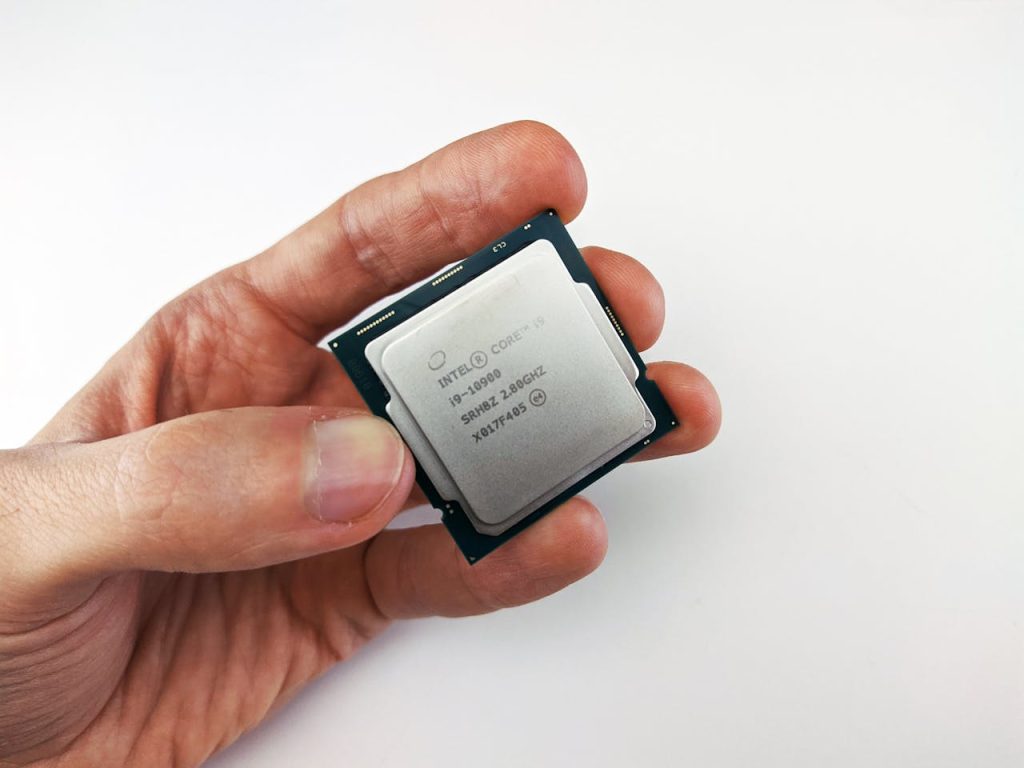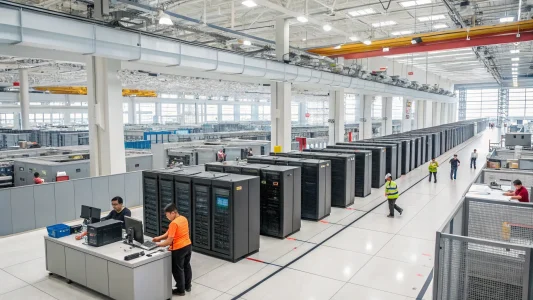The latest in a series of strong moves by President Trump, the U.S. government will purchase a 10% stake in Intel, ending a two-week frenzy for the beleaguered chip manufacturer. Both parties said Friday that the agreement converts $8.9 billion in unpaid Chips Act grants from 2022 into equity, and the government may receive more stock depending on how well Intel’s manufacturing division performs.
The arrangement is a beautiful reversal. Concerned about Intel CEO Lip-Bu Tan’s connections to China, Trump called for his dismissal two weeks ago. Additionally, Trump changed his mind after meeting with Tan and examining Intel’s activities. From the Oval Office, Trump said, “I said, ‘I think you should pay us 10% of the company,’ and they said yes.”
Trump and Intel agree to 10% U.S. stake in the company
The government will pay $20.47 a share, below the $23 SoftBank Group agreed to in a $2 billion investment earlier this month and significantly below Friday’s closing price of $24.80 for Intel. The deal makes the U.S. Intel’s largest shareholder.
Tan, who was pictured in Washington with Commerce Secretary Howard Lutnick, praised the agreement and pointed out that Intel had previously been awarded $2.2 billion in Chips Act grants. Tan stated on Friday, “We are grateful for the confidence the president and the administration have placed in Intel.”
Analysts cautioned about wider ramifications. According to Gautam Mukunda, a lecturer at Yale School of Management, “the government is bigfooting its way in.” In contrast to the banks in 2008, he described the action as unprecedented meddling in a business that was not experiencing a crisis.
Greater power and criticism
Additionally, the terms increase Washington’s power. The government can purchase an additional 5% stake at $20 per share if Intel’s ownership of the foundry drops below 51%.
Trump promised to keep making these kinds of interventions. He has already obtained a “golden share” in Nippon Steel’s U.S. Steel division and obtained a 15% cut of Nvidia and Advanced Micro Devices’ sales of AI chips to China. In addition to technology, he has imposed executive orders on universities and law firms, pressed companies over diversity policies, reduced funding for public media, and reached settlements with Disney, Meta, and Alphabet.
Critics attacked the strategy. Senator Rand Paul (R., Ky.) described the Intel stake as “a step toward socialism.”
The stakes are highlighted by Intel’s financial difficulties. The company has fallen far behind rivals like Taiwan Semiconductor Manufacturing, and its foundry lost $3.2 billion in the most recent quarter. According to Ray Wang of Futurum Group, “this seems to indicate the government is definitely going to play a much more influential role in the company, particularly to keep the foundry alive in the U.S.”
Featured Image Credit: Andrey Matveev; Pexels: Thank you!















